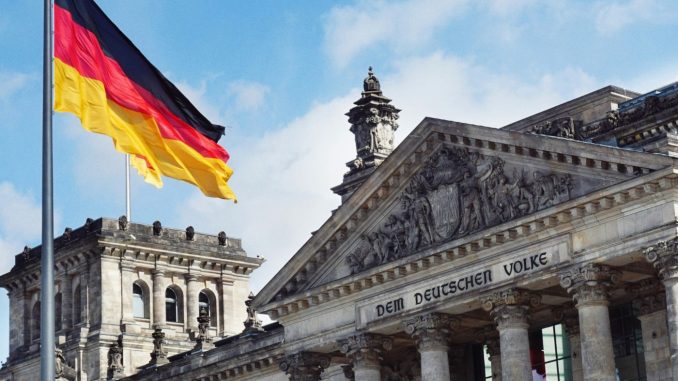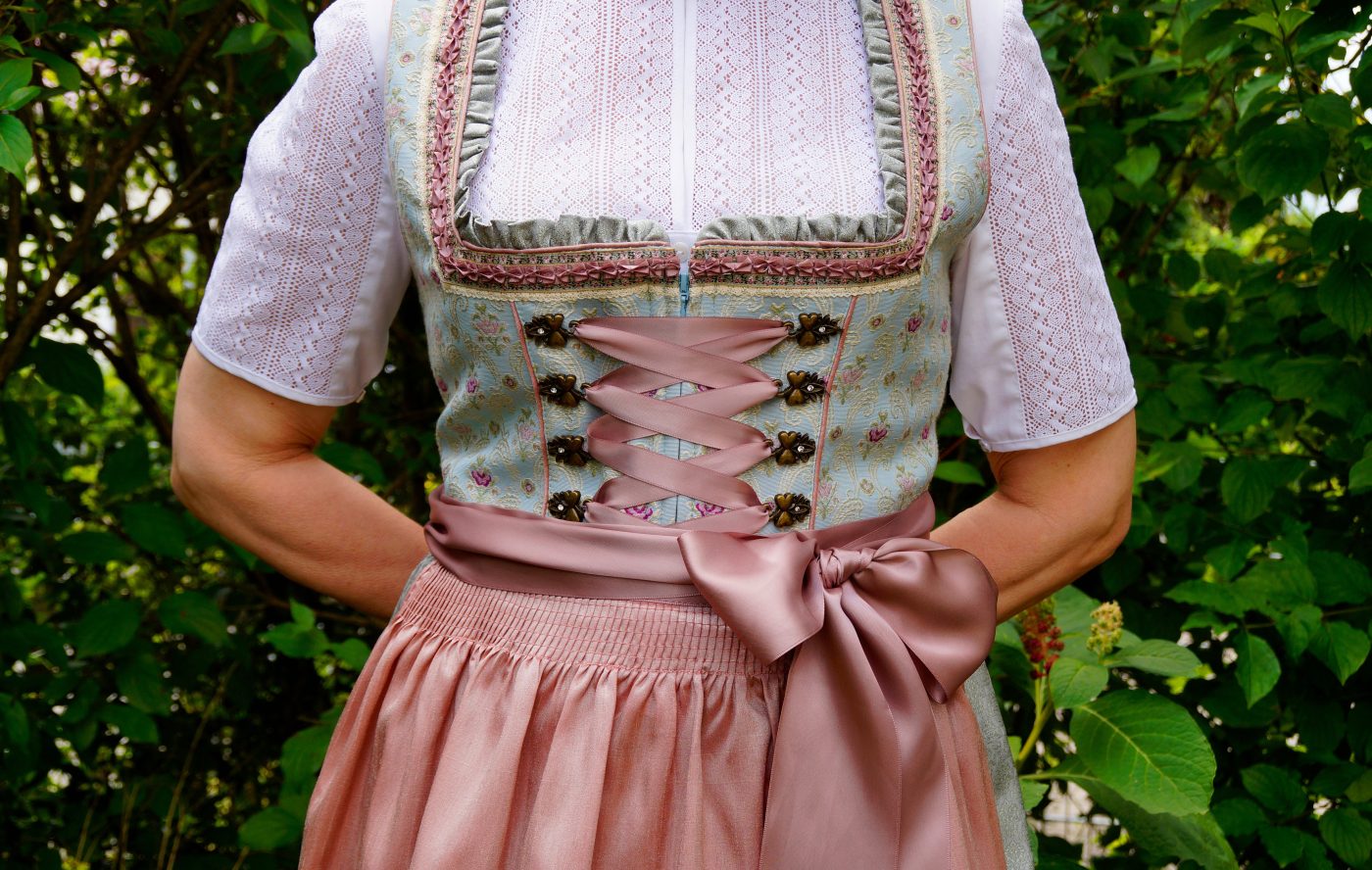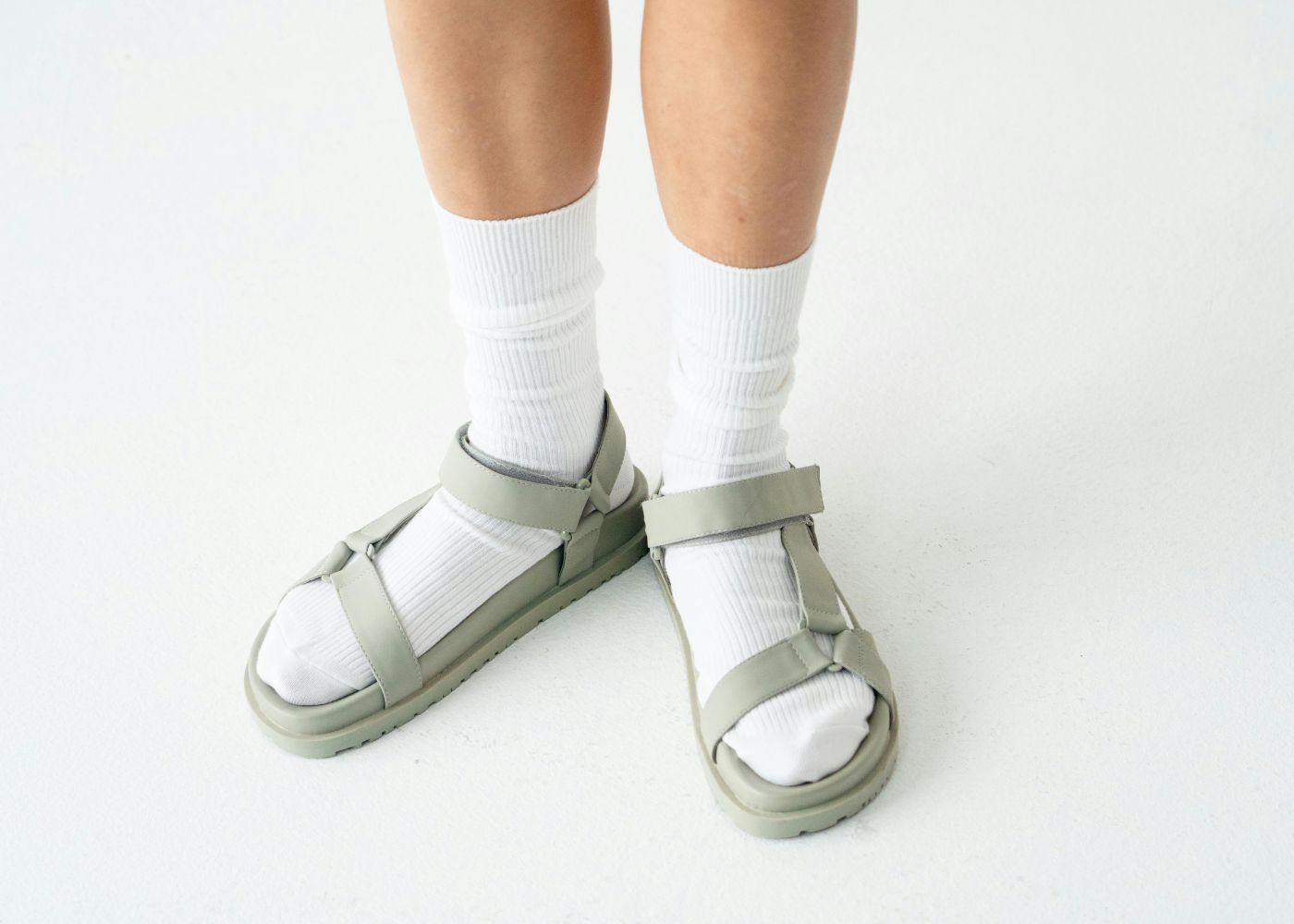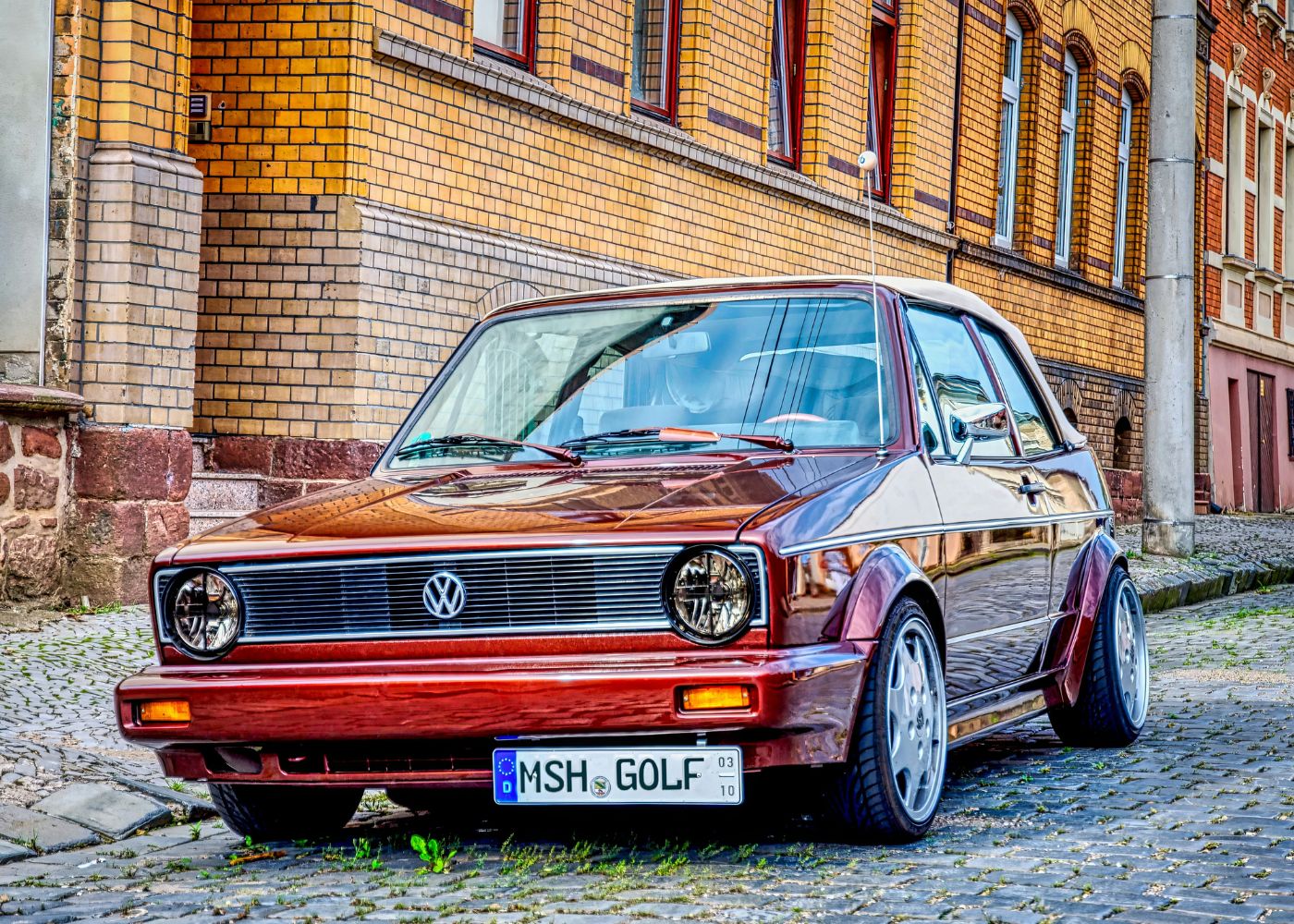
Germany – the first things that come to mind are punctuality, orderliness and, of course, beer and pretzels. These clichés and stereotypes about Germans are known worldwide, but are they really true?
Where do these images actually come from, and why are they so persistent? In this article, we take a look at what is behind these ideas and whether they actually still fit with reality – or whether Germany is actually much more than just the land of perfection and the “German efficiency” myth.

Germans have no sense of humor
A classic among clichés! But is it really? Perhaps it’s because German humor is often dry, direct and sometimes a bit dark, which can be difficult for outsiders to see through. However, German cabaret artists and comedians regularly prove that there is plenty to laugh about in this country, too. From satire and wordplay to quirky situation comedy, the German comedy scene is more diverse than many people think. So maybe the Germans just laugh differently – and yes, sometimes at themselves.
The Germans are hard-working and frugal
An image that has become firmly anchored in the minds of many people. Of course, the idea of the disciplined German fits well with the image of a country known for its economic strength and efficiency. The cliché of the “savings book” is also not far-fetched; after all, many Germans place a high value on security and financial provision. But how much truth is there to this? At a time when work-life balance and sustainable consumption are becoming increasingly important, it is exciting to see how the image of the “typical German” may be changing – perhaps they are quite modern and relaxed after all!


The Germans don’t know how to party
A prejudice that immediately brings to mind stuffy folk festivals and strict quiet hours. But anyone who thinks that has probably never experienced Carnival in Cologne, the Oktoberfest in Munich or the legendary techno clubs in Berlin! From traditional to wild and modern: the German party scene is colorful and diverse. Whether street festivals, festivals or raves, Germans know exactly how to party – and with full passion. Maybe they are structured and disciplined during the day, but when the party starts, they also like to let their hair down.
The Germans are punctual
It’s a cliché that persists and is mentioned again and again around the world with a twinkle in the eye. And yes, punctuality is indeed valued in Germany, whether at meetings, on dates or on public transportation (even if Deutsche Bahn is sometimes an exception). But the truth is: not all Germans are punctual perfectionists. In a society that is becoming more and more diverse, there are also people here who take it easy and are not so particular about time. So, even if punctuality remains an important ideal for many Germans, it is no longer what defines everyone.


The Germans are wearing traditional clothing
The first things that come to mind are dirndls and lederhosen. These outfits are part of the classic image of Germany, but they are mainly seen in Bavaria and at traditional folk festivals like the Oktoberfest. In reality, most Germans dress just like the rest of the world in their everyday lives: jeans, T-shirts and sneakers are the standard. While traditional dress may be a symbol of a connection to the homeland and tradition, it is not as widespread as many believe.
The Germans wear socks with sandals
This cliché is simply cult! The image of the German who walks around in sandals with white tennis socks in summer has almost become an international trademark. But as with any prejudice, there is only a grain of truth to it. Of course they exist, the socks-in-sandals wearers, especially among older Germans or hikers who like to be practical. But in reality, it is no longer as widespread as one might think. Nevertheless, a little self-irony is allowed, and who knows – maybe the look will really be “in” someday.


The Germans love their cars
This is more than just a cliché, it is almost a fact. Germany is the land of carmakers, from VW to BMW and Mercedes-Benz, and cars have a special place in German society. For many Germans, a car is not just a means of transportation, but also a status symbol, a hobby, and sometimes even a piece of freedom. But that is slowly changing, too: with the focus on climate protection and sustainability, public transportation, car sharing and e-mobility are gaining in importance. Nevertheless, the relationship between Germans and their cars remains very special – maybe with a slight change, but the love is still there.
The Germans drink beer and eat sausage and potatoes
A classic among clichés, which for many people immediately conjures up images of beer gardens, bratwurst stands and hearty meals. And yes, it’s true: Germany has a long brewing tradition and a huge selection of regional beers that are enjoyed by many. Sausages and potatoes are also deeply rooted in German cuisine. But that’s only half the story! German food culture is now extremely diverse. In the cities, you can find food trucks, vegan restaurants, international cuisine and modern interpretations of traditional dishes.


Germans reserve sun loungers on vacation
The image of Germans laying their towels on the best loungers by the pool at dawn is a cliché that almost everyone is familiar with. In fact, there are many stories and even memes about it that poke fun at this phenomenon. But is it really typically German? It may be that some vacationers from Germany like to play it safe when it comes to the best place at the pool, but they are far from alone. People from all over the world have developed similar “towel tactics.” Nevertheless, this cliché has become so ingrained that it is almost considered a trademark.
The Germans love order and follow rules
This is a cliché that is associated with Germany quite often and all over the world. Order, punctuality and discipline are indeed values that many Germans appreciate. Whether it’s observing traffic rules, properly separating garbage or the famous German bureaucracy – compliance with rules is very important here. However, especially in big cities, the image of the order-loving German is no longer as uniform as the cliché might suggest. So there is definitely room for individuality and spontaneity – just within a certain framework.

If you want to see what our students noticed about the Germans, check out our video “What is typical german for you?” on Instagram, TikTok or YouTube.



